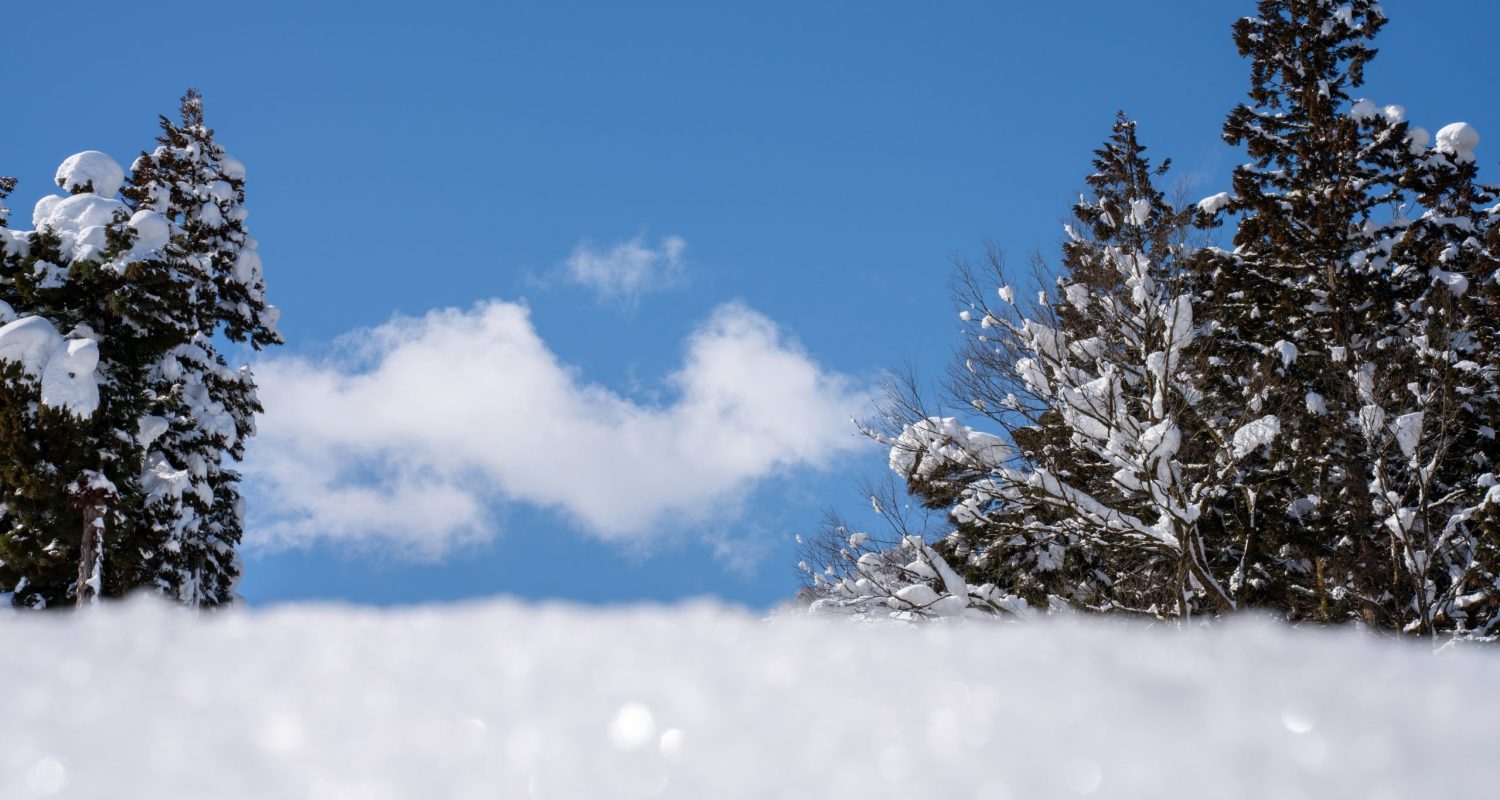Does It Snow in Morocco? Your Complete Guide to Winter in North Africa
Home / Single Post
Recent Blog
Ready to explore the world?

Does It Snow in Morocco? Your Complete Guide to Winter in North Africa
- July 9, 2025
- Adventures
Discover the surprising answer to “does it snow in Morocco” and explore the kingdom’s hidden winter wonderlands
Table of Contents
- Does It Snow in Morocco? The Surprising Answer
- When Does It Snow in Morocco?
- Where Does It Snow in Morocco? Top Destinations
- What to Do When It Snows in Morocco
- Essential Tips for Experiencing Snow in Morocco
- Why Snow in Morocco Matters
- Frequently Asked Questions: Does It Snow in Morocco?
- Conclusion: Yes, It Does Snow in Morocco!
Key Takeaways:
- Does it snow in Morocco? Yes! Morocco experiences significant snowfall in its mountain regions, particularly the Atlas Mountains.
- Best snow destinations: Oukaïmeden, Ifrane, and Mount Toubkal offer the most reliable snow experiences.
- When it snows: December through March, with peak snowfall in January and February.
Does It Snow in Morocco? The Surprising Answer
Yes, it does snow in Morocco! This might surprise many people who associate Morocco with desert landscapes and warm weather, but the answer to “does it snow in Morocco” is definitively yes. Morocco’s diverse geography includes prominent mountain ranges where snowfall is not only possible but expected during winter months.
The question “does it snow in Morocco” often arises because most people think of Morocco as a purely desert country. However, Morocco’s Atlas Mountains, Middle Atlas, and Rif Mountains regularly receive snowfall, creating a unique contrast to the country’s warmer coastal and desert regions.
Morocco’s Snow-Producing Geography
When people ask “does it snow in Morocco,” they’re often surprised to learn about the country’s mountainous terrain. The Atlas Mountains, which stretch across Morocco, create perfect conditions for snow formation. These elevated regions capture moisture and experience significant temperature drops, making snowfall a regular winter occurrence.
The snow cover in Morocco’s mountains isn’t just scenic—it plays a crucial role in the country’s ecosystem. The meltwater from these snowpacks serves as a primary water source for agriculture and urban centers, making the answer to “does it snow in Morocco” not just “yes,” but “yes, and it’s essential for the country’s water supply.”
When Does It Snow in Morocco?
If you’re wondering “does it snow in Morocco” and when to expect it, the snow season typically runs from December to March. The heaviest and most reliable snowfall occurs during January and February, making these the best months to witness Morocco’s winter transformation.
Here’s when you can expect snow in Morocco:
- December: Early snow begins at higher elevations
- January: Peak snowfall month with the most consistent coverage
- February: Continued heavy snowfall, ideal for winter sports
- March: Snow begins to melt but may persist at high elevations
Pro tip: If you’re planning to see snow in Morocco, visit during weekdays to avoid crowds, especially at popular ski resorts like Oukaïmeden.
Where Does It Snow in Morocco? Top Destinations
Now that we’ve answered “does it snow in Morocco,” let’s explore where you can experience this winter wonderland:
1. Oukaïmeden Ski Resort: Morocco’s Premier Snow Destination
When people ask “does it snow in Morocco enough for skiing,” Oukaïmeden provides the answer. Located in the High Atlas Mountains, this resort sits at 2,600 meters (8,530 feet) and offers:
- Ski slopes suitable for all skill levels
- Africa’s highest ski resort experience
- Chairlift reaching 3,258 meters (10,690 feet)
- Snow that can persist until late March
 Oukaïmeden proves that yes, it does snow in Morocco enough for skiing
Oukaïmeden proves that yes, it does snow in Morocco enough for skiing
2. Ifrane: Morocco’s “Little Switzerland”
Ifrane perfectly answers the question “does it snow in Morocco like in Europe?” This charming town in the Middle Atlas Mountains features:
- European-style chalets and architecture
- Significant snowfall during winter months
- The nearby Michlifen Ski Resort
- One of Morocco’s coldest regions
 Ifrane’s European charm answers “does it snow in Morocco” with a resounding yes
Ifrane’s European charm answers “does it snow in Morocco” with a resounding yes
3. Mount Toubkal and Imlil: High-Altitude Snow Adventures
For those asking “does it snow in Morocco at high elevations,” Mount Toubkal provides the most dramatic answer. As North Africa’s highest peak, it offers:
- Snow-capped vistas year-round at the summit
- Winter trekking through snow-covered trails
- Base camp at Imlil village for mountain adventures
- Challenging climbs for experienced hikers
 Mount Toubkal’s snow-covered peaks definitively answer “does it snow in Morocco”
Mount Toubkal’s snow-covered peaks definitively answer “does it snow in Morocco”
4. Chefchaouen: Rare But Magical Snow Experiences
While less common, Chefchaouen in the Rif Mountains occasionally experiences snowfall, creating a magical contrast between the famous blue buildings and white snow.
 Even Chefchaouen sometimes answers “does it snow in Morocco” with a beautiful yes
Even Chefchaouen sometimes answers “does it snow in Morocco” with a beautiful yes
What to Do When It Snows in Morocco
Once you’ve discovered that yes, it does snow in Morocco, here are the best activities to enjoy:
Winter Sports and Activities
Skiing and Snowboarding
- Oukaïmeden and Michlifen ski resorts offer slopes for all levels
- Equipment rental available at both locations
- Unique experience of skiing in Africa
Mountain Trekking and Hiking
- Snow-covered trails in the Atlas Mountains
- Snowshoeing opportunities in less crowded areas
- Guided winter ascents of Mount Toubkal
Cultural Experiences
- Visit traditional Berber villages in winter
- Enjoy warm hospitality with roaring fireplaces
- Experience local cuisine in mountain settings
Unique Morocco Snow Experiences
Desert-Mountain Combinations One of the most unique aspects of Morocco is that you can experience snow in the mountains and desert warmth in the same trip, making the answer to “does it snow in Morocco” even more fascinating.
Photography Opportunities The contrast between snow-covered peaks and traditional Moroccan architecture creates stunning photo opportunities that showcase why the question “does it snow in Morocco” yields such surprising results.
Essential Tips for Experiencing Snow in Morocco
If you’re planning a trip after learning that yes, it does snow in Morocco, here are essential tips:
What to Pack for Morocco’s Snow
- Layered clothing for varying temperatures
- Waterproof outer shells for snow conditions
- Warm accessories (gloves, hats, scarves)
- Sturdy waterproof boots for mountain terrain
- Sunglasses for bright snow conditions
Travel Considerations
Road Conditions
- Mountain roads can be affected by snow
- Check local weather reports before traveling
- Consider hiring local guides for safety
Best Times to Visit
- Weekdays are less crowded at ski resorts
- January and February offer the most reliable snow
- Book mountain accommodations in advance
Budget-Friendly Tips
Visiting Morocco during winter, when it snows, often means:
- Lower accommodation prices in cities
- More availability for tours and activities
- Fewer crowds at popular attractions (except ski resorts on weekends)
Why Snow in Morocco Matters
The answer to “does it snow in Morocco” is significant beyond tourism. Morocco’s snowfall plays a crucial role in:
Water Resource Management
- Annual snowpack serves as a natural reservoir
- Meltwater feeds rivers and irrigation systems
- Critical for agriculture in a water-scarce region
Climate Monitoring
- NASA satellites monitor Morocco’s snow coverage
- Climate change impacts on snowfall patterns
- Important for long-term water security planning
Economic Impact
- Winter tourism brings visitors during off-peak season
- Ski resorts provide employment in mountain regions
- Agricultural benefits from reliable water source
Frequently Asked Questions: Does It Snow in Morocco?
Q: Does it snow in Morocco every year? A: Yes, Morocco receives snowfall annually in its mountain regions, particularly the Atlas Mountains. The amount and duration can vary by year.
Q: Does it snow in Morocco enough for skiing? A: Yes, Morocco has two main ski resorts – Oukaïmeden and Michlifen – that offer skiing and snowboarding during winter months.
Q: Does it snow in Morocco’s cities? A: Snow rarely falls in major cities like Marrakech, Casablanca, or Fez. It’s primarily a mountain phenomenon.
Q: When does it snow in Morocco? A: Snow season typically runs from December to March, with peak snowfall in January and February.
Q: Does it snow in Morocco’s desert regions? A: No, the Sahara Desert doesn’t receive snow. Morocco’s snowfall is limited to mountainous areas.
Q: Can you visit both snow and desert in Morocco? A: Yes! Morocco’s diverse geography allows you to experience snow-capped mountains and desert landscapes in the same trip.
Q: Does it snow in Morocco enough for winter sports? A: Yes, Morocco offers skiing, snowboarding, and other winter activities, though the infrastructure is more basic than European ski resorts.
Q: Is it safe to drive in Morocco when it snows? A: Mountain roads can be challenging during snowfall. Check conditions, use appropriate vehicles, and consider hiring local guides.
Conclusion: Yes, It Does Snow in Morocco!
The answer to “does it snow in Morocco” is a resounding yes! Morocco’s surprising winter wonderland defies expectations and offers unique experiences that blend African culture with alpine adventures. From the ski slopes of Oukaïmeden to the charming streets of Ifrane, Morocco’s snowy regions provide unforgettable winter experiences.
Whether you’re seeking skiing adventures, mountain trekking, or simply want to witness the unexpected sight of snow in North Africa, Morocco’s winter landscape offers something truly special. The next time someone asks “does it snow in Morocco,” you can confidently share the amazing reality of this North African kingdom’s winter magic.
Planning your snow adventure in Morocco? Remember to visit during peak season (January-February), pack appropriate winter gear, and consider combining your mountain snow experience with Morocco’s other diverse attractions. The answer to “does it snow in Morocco” isn’t just yes—it’s an invitation to discover one of the world’s most unique winter destinations.
Last updated: July 9, 2025

